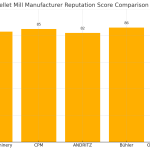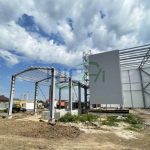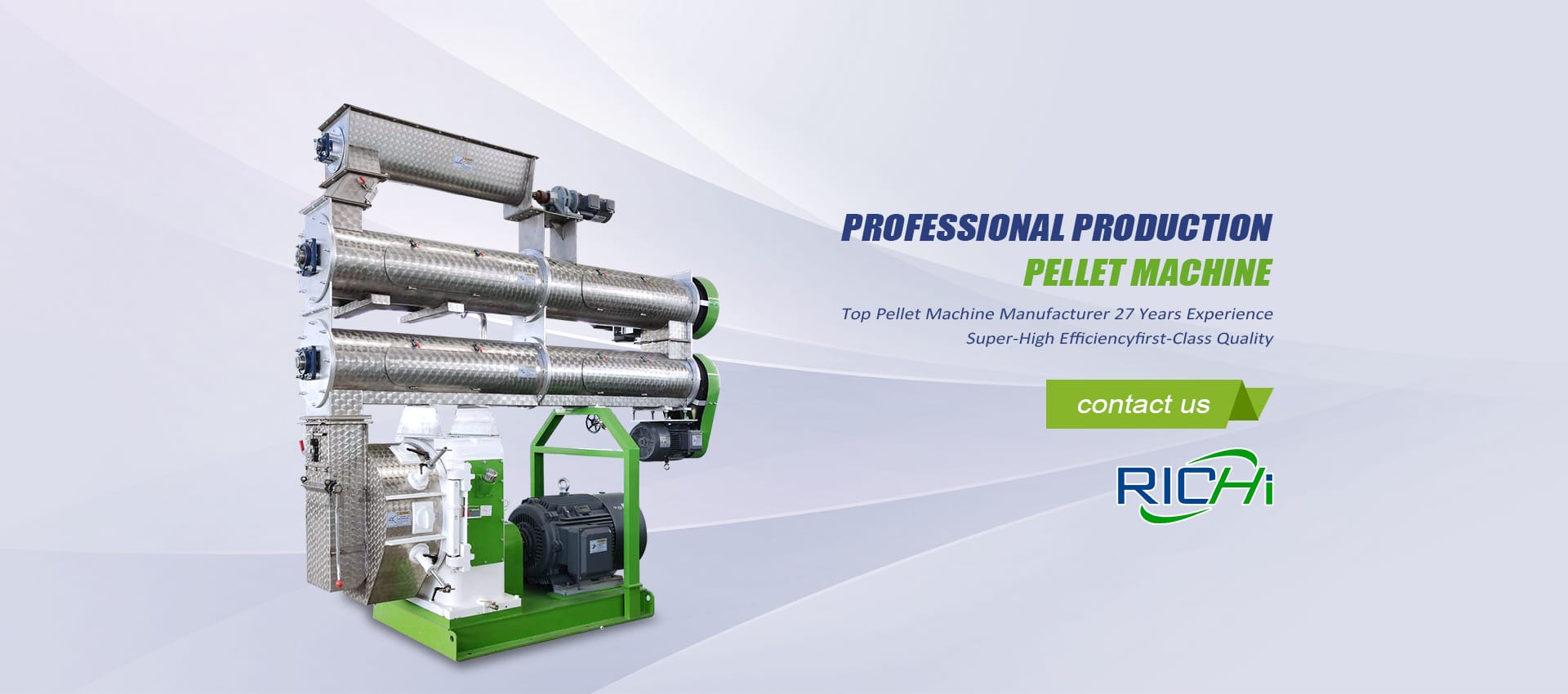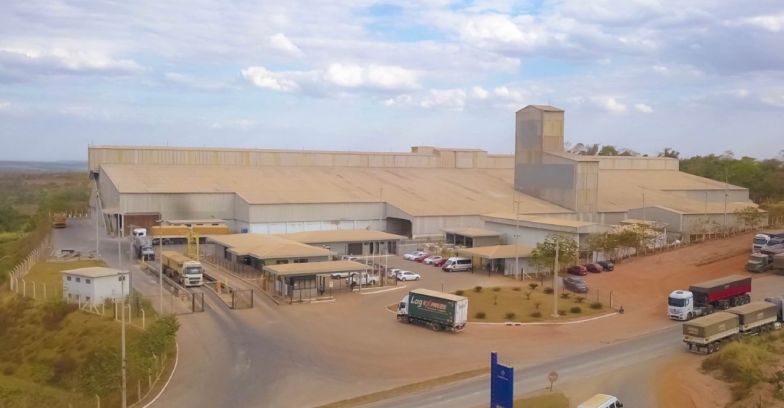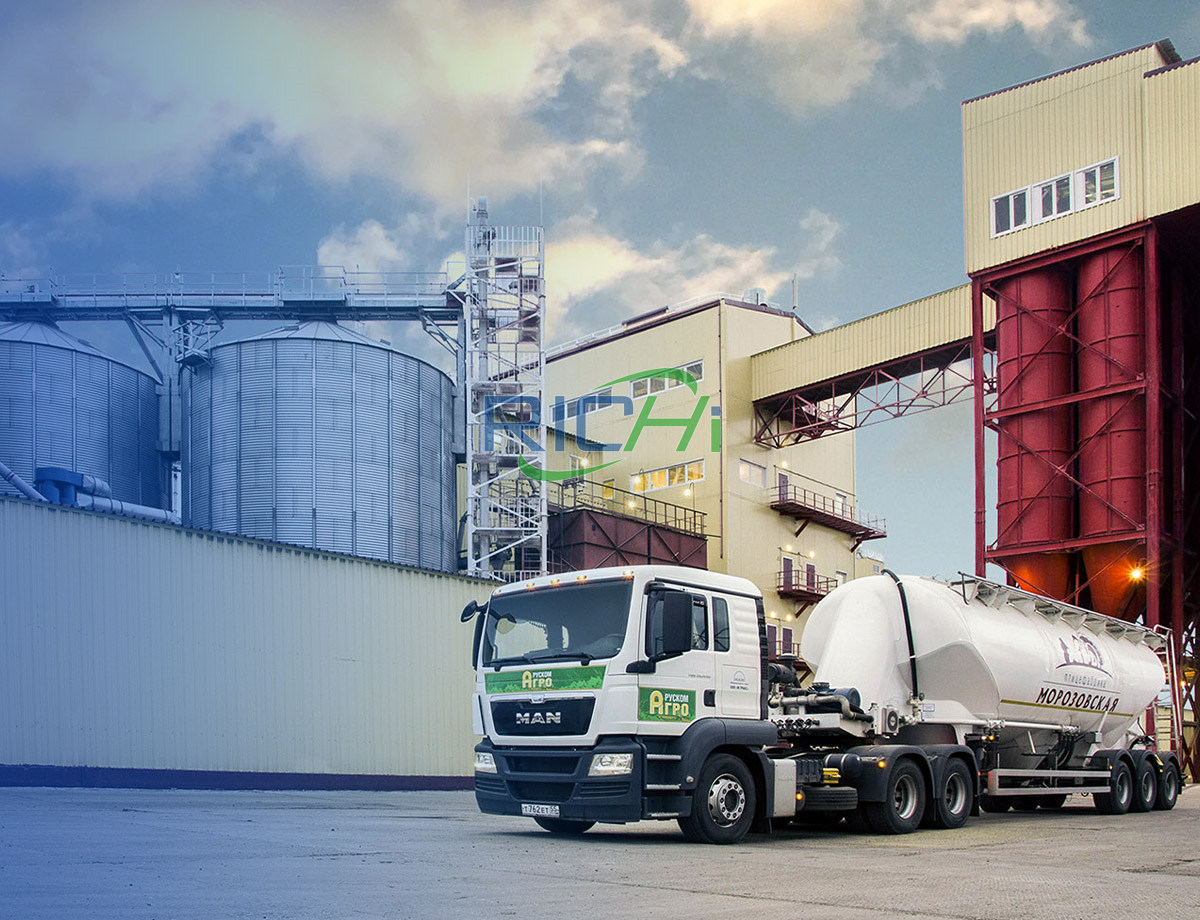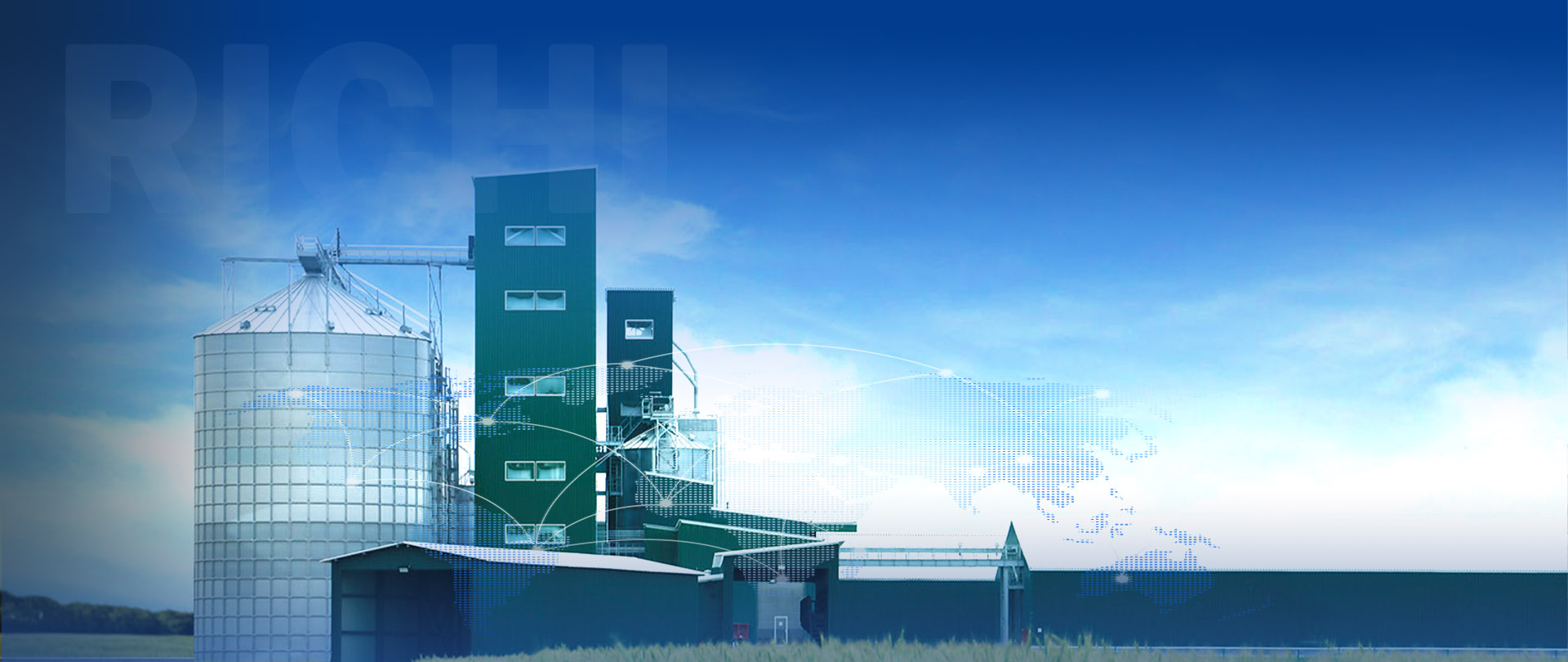In the dynamic world of animal farming and livestock production, ensuring a consistent supply of high-quality and nutritionally balanced feed is paramount for maintaining the health, growth, and productivity of animals. To meet this crucial need, feed granulator machines have emerged as essential equipment, offering a comprehensive solution for efficient and sustainable feed production.Feed granulator machines are specialized systems designed to transform loose feed ingredients into dense, granular particles, offering numerous advantages over traditional feed forms.
These granules not only provide consistent nutrient profiles and improved feed conversion rates but also offer enhanced handling, storage, and transportation capabilities, reducing waste and promoting overall efficiency.As the demand for efficient and sustainable animal farming practices continues to grow, feed granulator machines have evolved to incorporate advanced features and technologies, ensuring optimal performance and adaptability to diverse production requirements. In this article, we’ll explore the powerful features that make these machines indispensable in the animal feed industry.
Robust Construction and Durability
Feed granulator machines are engineered to withstand the rigors of continuous, high-volume production. These machines are built with durable materials and sturdy components, ensuring long-lasting performance and minimizing downtime due to wear and tear. Robust construction not only enhances the machine’s lifespan but also contributes to consistent and reliable operation, even under demanding production conditions.
Advanced Granulation Technologies
At the heart of feed granulator machines lies advanced granulation technologies that enable efficient and precise processing of feed ingredients. These technologies may include:
- Roller Compaction: This technology utilizes counter-rotating rollers to compress and densify the feed material, forming dense granules with consistent size and shape.
- Extrusion Granulation: In this process, the feed material is subjected to high pressure and temperature, causing it to be extruded through a die, forming granules with a uniform shape and density.
- Fluid Bed Granulation: This technology involves suspending the feed material in an air stream while spraying a binder solution, resulting in the formation of granules through agglomeration.
These advanced granulation technologies ensure consistent granule quality, optimizing nutrient retention, digestibility, and overall feed efficiency.
Precise Process Control and Automation
Modern feed granulator machines incorporate sophisticated control and automation systems, enabling precise monitoring and adjustment of process parameters. These systems allow operators to fine-tune variables such as temperature, pressure, feed rates, and moisture levels, ensuring consistent granule quality and maximizing production efficiency.Automation also plays a crucial role in minimizing human error, reducing downtime, and improving overall process reliability. Advanced control systems can detect and respond to deviations in real-time, making necessary adjustments to maintain optimal operating conditions.
Energy Efficiency and Sustainability
As the focus on environmental responsibility and sustainability in animal farming practices intensifies, feed granulator machines have evolved to incorporate energy-efficient technologies and design features. These machines often feature optimized energy consumption systems, waste heat recovery mechanisms, and the ability to integrate renewable energy sources, contributing to reduced operational costs and minimizing environmental impact.
Additionally, many feed granulator machines are designed to minimize waste generation and promote the efficient utilization of resources, further enhancing their sustainability credentials.
Related post: https://www.richipelletmachine.com/feed-pellet-granulator/
Versatility and Scalability
Feed granulator machines are designed to accommodate a wide range of feed formulations and feedstocks, offering versatility in production capabilities. These machines can handle various ingredients, including grains, oilseeds, protein sources, and various additives, allowing for the formulation of customized feed blends tailored to the specific nutritional requirements of different animal species and production stages.Moreover, feed granulator machines are available in various capacities and configurations, enabling scalability to meet the growing demands of animal farming operations. Modular designs and the ability to integrate additional components or upgrade existing systems further enhance the scalability and adaptability of these machines.
User-Friendly Operation and Maintenance
Despite their advanced features and technologies, feed granulator machines are designed with user-friendly operation and maintenance in mind. Intuitive control interfaces, clear operational manuals, and comprehensive training programs ensure that operators can effectively manage and monitor the granulation process, minimizing the risk of errors and maximizing productivity.Additionally, these machines often feature easy-access components and modular designs, facilitating routine maintenance and minimizing downtime for repairs or replacements. Manufacturers also provide comprehensive after-sales support, including spare parts availability and technical assistance, ensuring the longevity and optimal performance of the feed granulator machines.
Integration with Existing Systems
In many animal farming operations and feed mills, feed granulator machines are integrated into larger production lines or existing systems. These machines are designed to seamlessly interface with other equipment, such as feeders, mixers, dryers, and packaging systems, enabling a streamlined and efficient production process.
Advanced communication protocols and compatibility with industry-standard automation systems ensure smooth integration and data exchange, minimizing disruptions and maximizing overall operational efficiency.
By leveraging these powerful features, feed granulator machines have become indispensable tools in the animal feed industry, contributing to the production of high-quality, consistent, and sustainable feed solutions. As the demand for efficient and responsible animal farming practices continues to grow, these machines will undoubtedly play a pivotal role in supporting the long-term viability and success of livestock and poultry operations worldwide.



